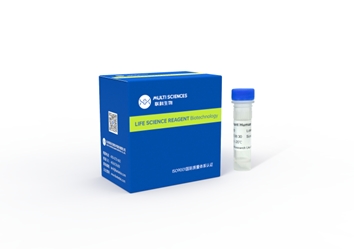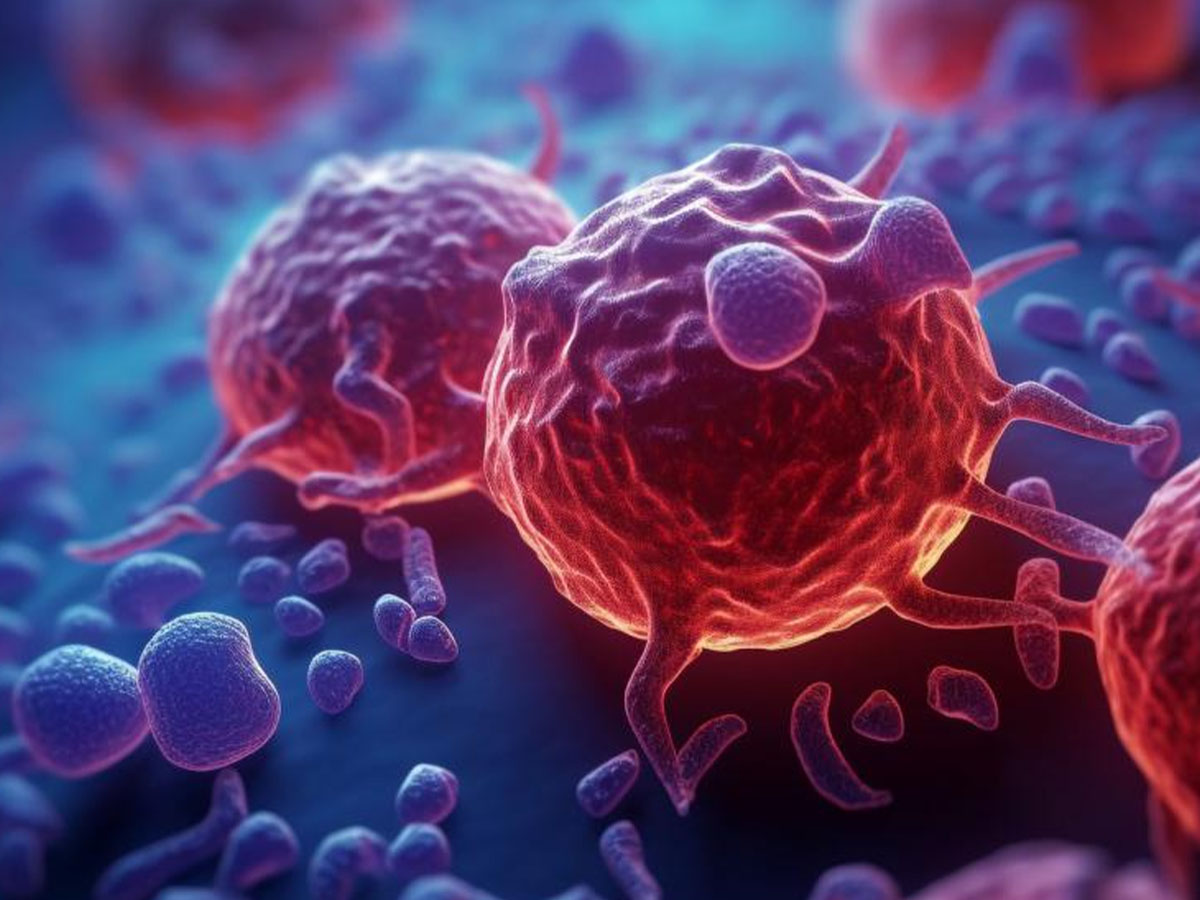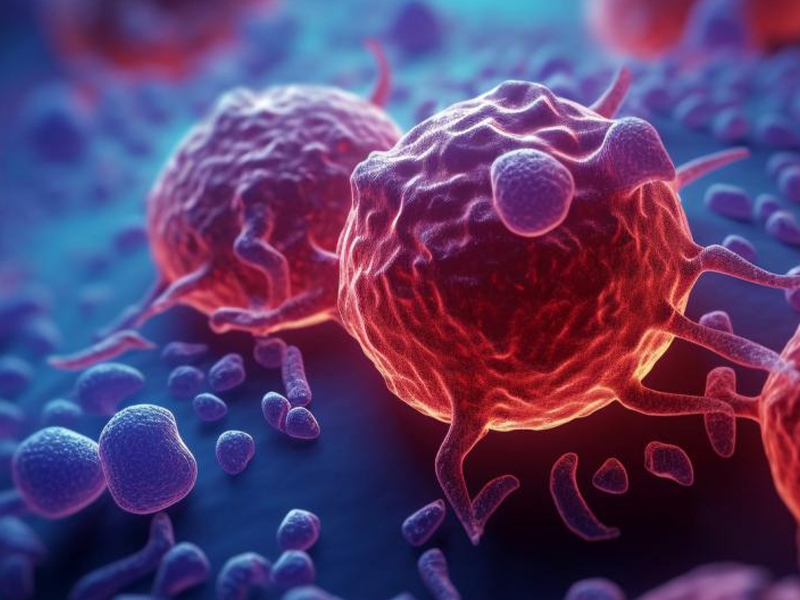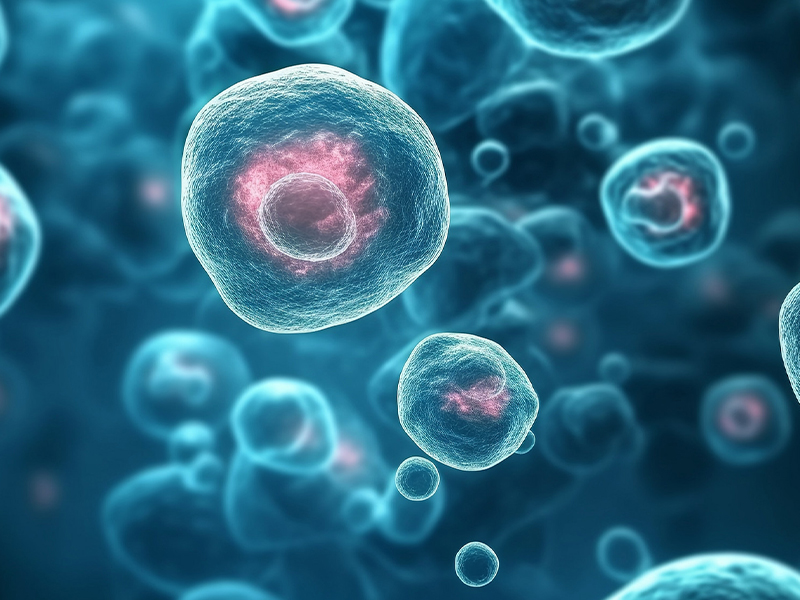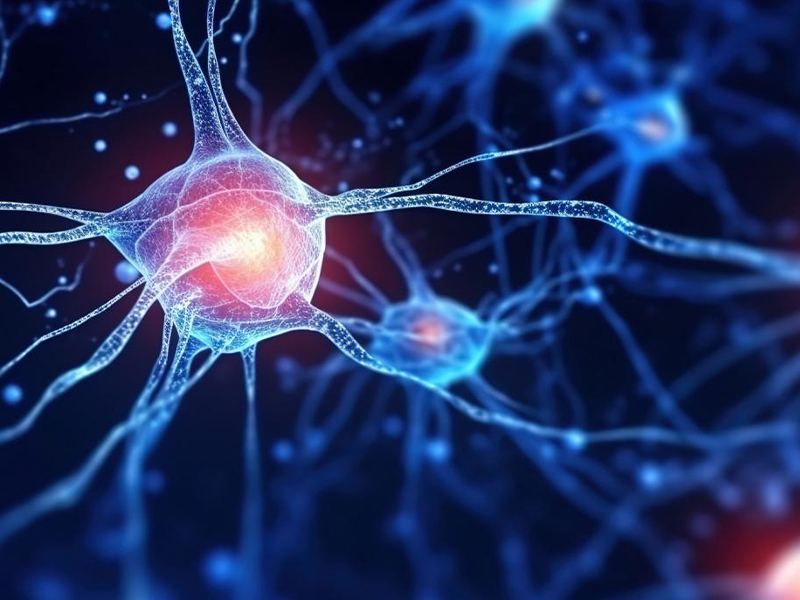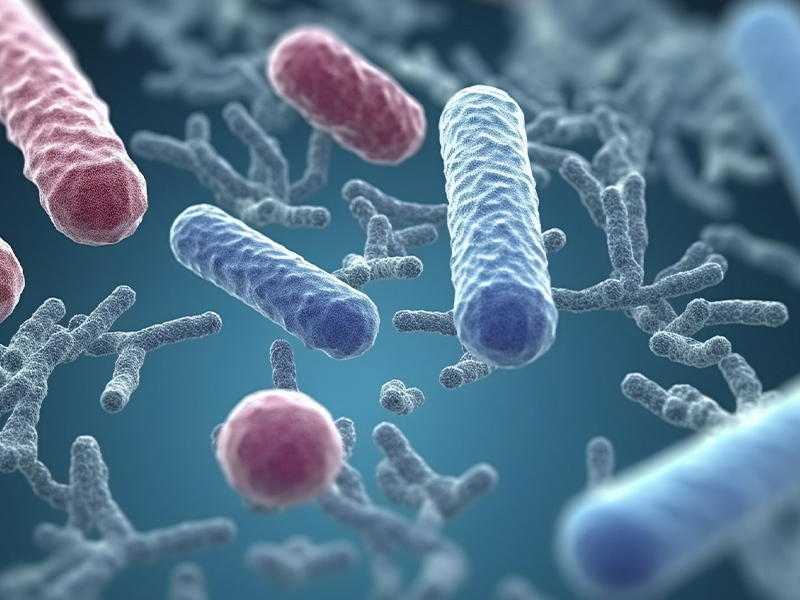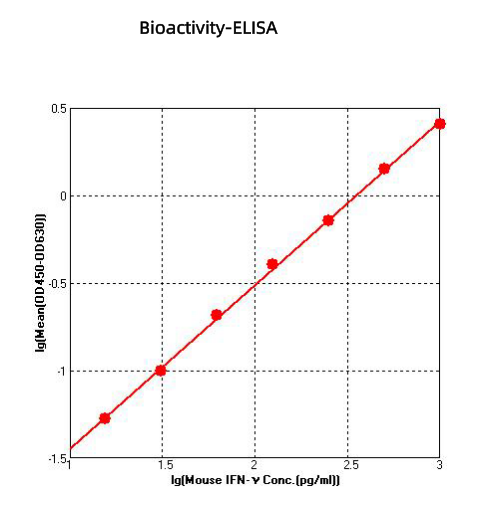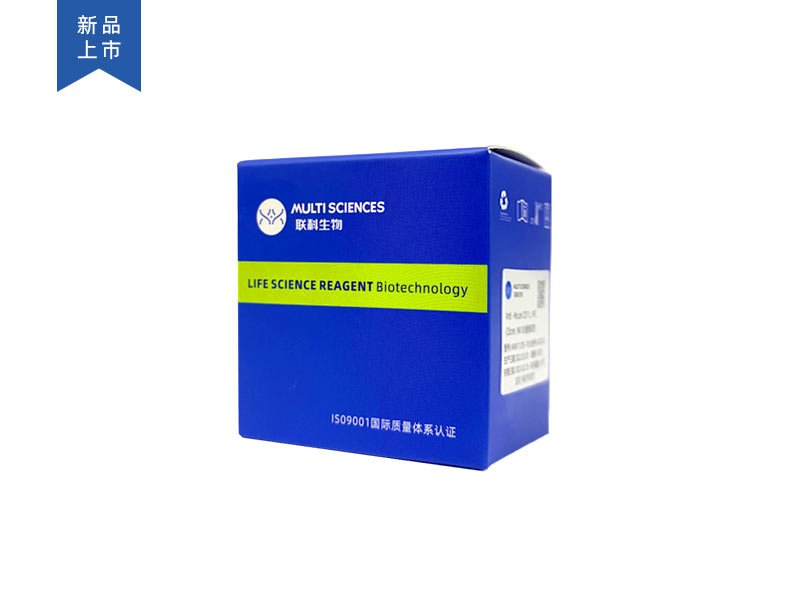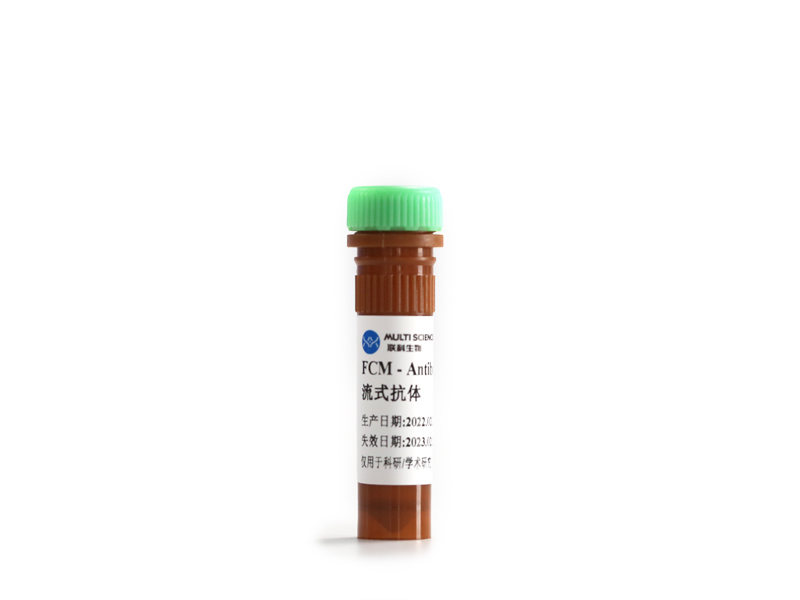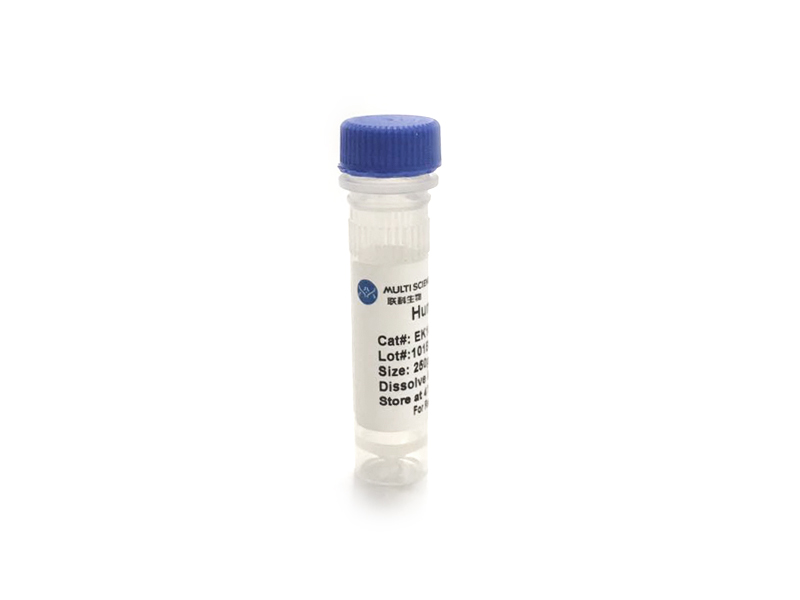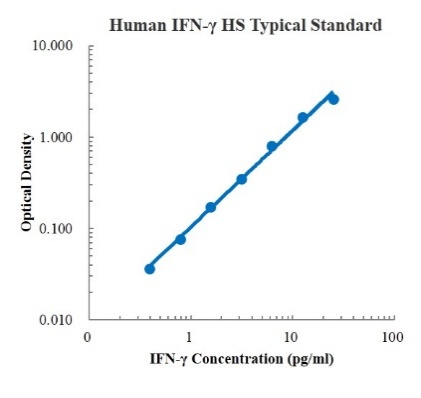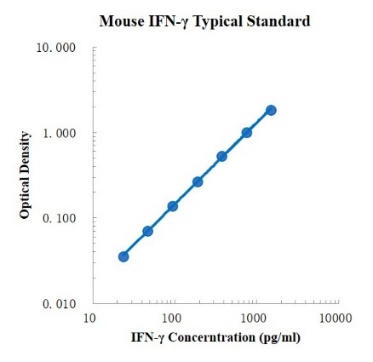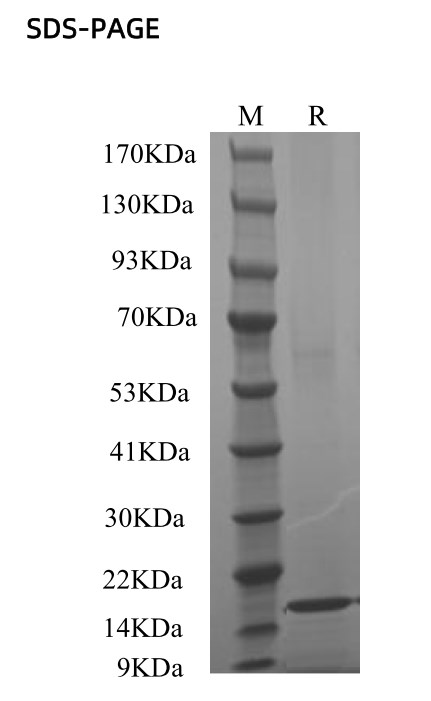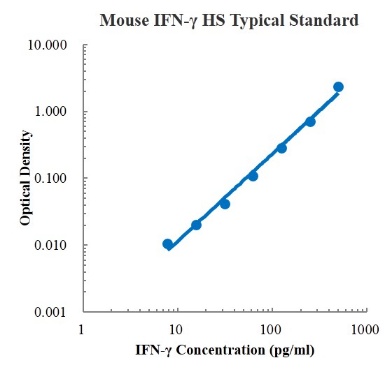Recombinant Human IFN-gamma
¥200.00 – ¥1,000.00
- 分子靶点:IFNG, IFN-γ
- 种属:人 (Human)
- 表达宿主:Escherichia coli
- 纯度:≥95% as determined by SDS-PAGE
- 内毒素:<0.1EU/ug
在售SKU: P180, 70-P180-10, 70-P180-100, 70-P180-25, 70-P180-50
描述
文章目录[隐藏]
General Information
| Source |
Escherichia coli |
|---|---|
| Synonyms |
Immune Interferon, type II interferon, T cell interferon, MAF |
| Accession | |
| Molecular Mass |
16.8 KDa |
| Description |
Recombinant Human IFN-γ is a 16.8 kDa protein containing 144 amino acid residues. |
| Shipping |
The product is shipped at 4 ℃ . Upon receipt, store it immediately at the temperature recommended below. |
| Stability & Storage |
Aliquot the reconstituted solution to minimize freeze-thaw cycles. Lyophilized protein should be stored at -20℃ to -80℃, stable for one year after receipt. Aliquots of reconstituted samples are stable at 2°C to 8°C for up to 1 week, or store the working aliquots with a carrier protein or stabilizer (e.g., 5% Trehalose) at -20°C to -80°C for 3 months. |
| Reconstitution |
Centrifuge tubes before opening. Dissolve the lyophilized protein in distilled water. Do not mix by vortex. It is recommended to dissolve the product at a concentration of twice the specified specification. |
| Background |
IFN-γ is an acid-labile interferon produced by CD4 and CD8 T lymphocytes as well as activated NK cells. IFN-γ receptors are present in most immune cells, which respond to IFN-γ signaling by increasing the surface expression of class I MHC proteins. This promotes the presentation of antigen to T-helper (CD4+) cells. IFN- γ signaling in antigen-presenting cells, and antigen-recognizing B and T lymphocytes, regulates the antigen-specific phases of the immune response. Additionally, IFN-γ stimulates a number of lymphoid cell functions, including the anti-microbial and anti-tumor responses of macrophages, NK cells, and neutrophils. Human IFN- γ is species-specific and is biologically active only in human and primate cells. |
Specifications
| Formulation |
Lyophilized from sterile PBS, pH 7.4, 5% trehalose. |
|---|---|
| Purity |
≥95% as determined by SDS-PAGE |
| Endotoxin |
<0.1EU/ug |
| Bio Activity |
Recombinant IFN-γ can be detected by ELISA with a linear range of 15.6-1,000.0 pg/mL. |
Data
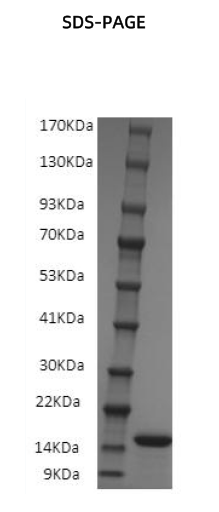
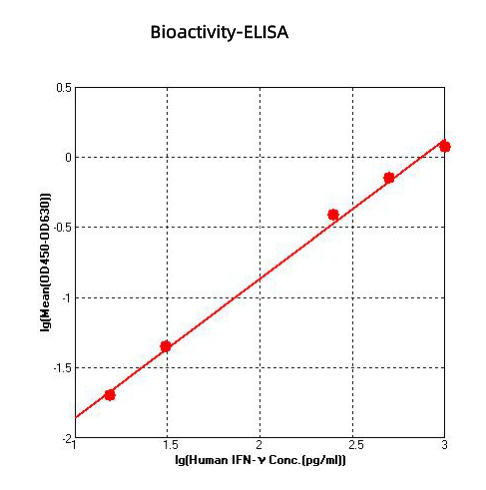
分子信息
IFNG 分子靶点信息概述
- 分子名:IFNG, interferon gamma
- 基因家族:Interferons
IFNG 分子靶点综述
IFN-γ主要由Th1型细胞产生,属于II型细胞因子中干扰素家族中的一员,是一类分泌型糖蛋白,由143个氨基酸组成,相对分子质量是16942。IFN-γ主要由活化的T细胞和NK细胞产生,具有调节机体免疫状态,介导细胞免疫,加强受体介导的吞噬功能,增强巨噬细胞和中性粒细胞的杀伤活性,具有抗病毒感染及抗肿瘤等生物学活性。
人 Human IFNG 分子靶点信息
- 分子名:IFNG, interferon gamma
- 别称:
- IFG
- IFI
- IFN-gamma
- IMD69
- immune interferon
- interferon, gamma
- 基因序列:NCBI_Gene: 3458
- 蛋白序列:UniProtKB: P01579
人 Human IFNG靶点分子功能(预测)
Predicted to enable cytokine activity. Involved in several processes, including positive regulation of cell death; positive regulation of cell differentiation; and positive regulation of macromolecule metabolic process. Acts upstream of or within several processes, including positive regulation of gene expression; positive regulation of protein phosphorylation; and response to virus. Located in extracellular region. Implicated in several diseases, including ataxia telangiectasia; autoimmune disease (multiple); eczema herpeticum; factor VIII deficiency; and leukemia (multiple). Biomarker of several diseases, including acute retinal necrosis syndrome; allergic rhinitis; autoimmune disease (multiple); nephritis (multiple); and otitis media (multiple).
引用文献统计
该产品被引用的文献总数为:0
暂无相关文献引用。

